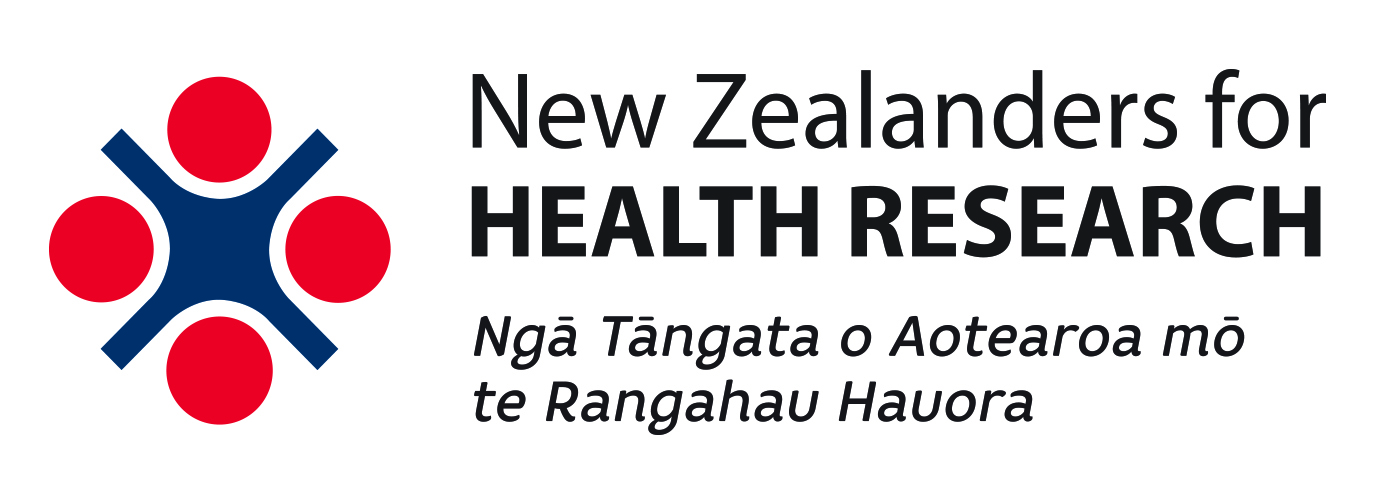Impact of Science discussion paper
NZHR was established to advocate for increased investment in health research because we believe in the power of health research to contribute to improved health and economic outcomes for New Zealanders. We therefore agree with the basic premises of the paper that research proposals should include some understanding of their potential impact, irrespective of how direct or indirect, and that robust attempts should be made to realise and measure or describe potential and actual impacts in response to the results of research as they come to hand.
Overall, we believe that the discussion paper provides a useful and comprehensive overview of the important issues, and we offer the additional points for consideration as further discussion evolves.
The discussion paper refers to the UK National Institute for Health Research (NIHR)’s impact synthesis of 100 case studies showing how NIHR-supported research is improving the health of the public and improving the healthcare system. Although we agree that initiatives like this are important and useful, the description in the discussion paper begs the question as to the extent to which case studies which resulted in no, limited, less than expected, negative or unintended impact were considered. NZHR believes that it is important to keep an open ended longitudinal reckoning of such impacts as information about what hasn’t worked well or as intended can be useful in more successfully identifying research proposals that are more likely to result in positive and intended impacts in the future. We further believe that this body of evidence should be allowed to develop and mature before ex-ante evaluations are attempted, such as those that might be used to score grant applications.
The discussion paper’s reference to the “impact pathway” raises a question as to mechanisms that should be in place to both maximise the chances of research results being reflected in policy and practice and to ensure that this occurs as expeditiously as possible. Lack of impact, or timely impact, might relate more to potential research beneficiaries not responding to results, rather than the relevance of the research itself. This suggests that research funding instruments should be associated with post-results impact evaluations which occur at regular intervals both over and significantly beyond the time frame within which the research findings of individual projects are expected to have impact. Such evaluations should recommend mechanisms for ensuring that results are translated into policy and practice as well as assess the extent to which and when impact has occurred.
NZHR’s view is that a whole of government approach should be taken to undertaking such assessments, with overall responsibility lying with ministry science advisors who would undertake impact assessments and develop recommendations for increasing and accelerating impact for all research rather than only research which is directly aligned to the ministry in which they work. This is because the impact of some, for example, health research, might best be achieved through funding/purchasing arrangements associated with non-health ministries.
NZHR does not have a view on which particular impact framework should be adopted aside from noting that it will be important to have a framework of some description which specifically includes impact on health.

